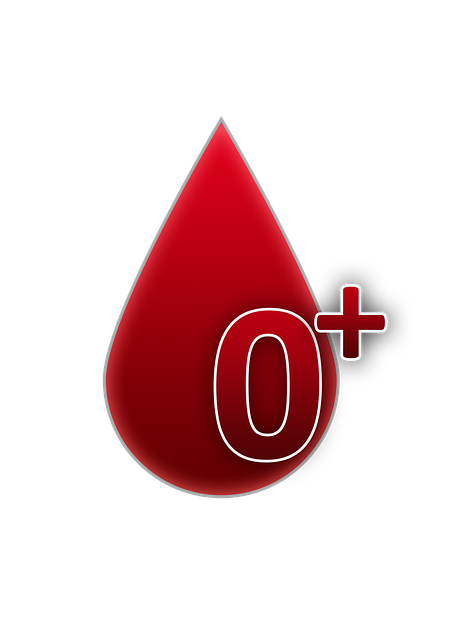The UK Testosterone Blood Test is a key tool for diagnosing and treating reproductive health issues in both men and women, focusing on fertility and sexual well-being. This non-invasive procedure measures hormone levels to identify conditions like PCOS, thyroid disorders, hypogonadism, and Klinefelter syndrome. Results are discussed with healthcare providers who suggest tailored treatments including hormonal replacement therapy or lifestyle changes for improved fertility outcomes.
“Uncovering the complexities of reproductive health, this article explores hormone analysis as a pivotal tool in diagnosing and managing various issues. In the UK, understanding ‘UK testosterone blood test’ procedures is essential for both men seeking answers about their fertility and healthcare professionals aiming to provide accurate diagnoses. This comprehensive guide delves into the significance of hormone assessments, focusing on testosterone levels, and offers insights into interpreting results, ensuring a clear path forward for those navigating reproductive challenges.”
- Understanding Hormone Analysis for Reproductive Health in the UK
- The Role of Testosterone Blood Tests in Diagnosing Male Infertility
- How to Interpret and Manage Results: Next Steps After a UK Testosterone Blood Test
Understanding Hormone Analysis for Reproductive Health in the UK
Hormone analysis plays a pivotal role in diagnosing and treating reproductive issues in the UK. This non-invasive procedure involves taking a blood sample to measure various hormone levels, offering crucial insights into an individual’s reproductive health. One common test is the UK Testosterone Blood Test, which assesses testosterone levels, essential for both men and women’s fertility and overall sexual well-being.
In the UK, healthcare professionals utilise these tests to identify conditions such as polycystic ovary syndrome (PCOS), thyroid disorders, and hypothalamic amenorrhoea. Accurate hormone analysis enables doctors to tailor treatment plans, including hormonal replacement therapy or lifestyle changes, to restore balance and improve fertility outcomes.
The Role of Testosterone Blood Tests in Diagnosing Male Infertility
In the diagnosis of male infertility, hormone analysis plays a pivotal role, with testosterone blood tests emerging as a key tool in understanding reproductive health issues. A UK Testosterone Blood Test is often the first step in evaluating a man’s hormonal status, particularly when there are suspicions of low testosterone levels (hypogonadism). This simple procedure involves drawing a sample of blood to measure the concentration of testosterone in the body, providing crucial insights into potential fertility challenges.
The results of a UK Testosterone Blood Test can help medical professionals identify conditions such as Klinefelter syndrome, where men may have reduced testosterone production due to an extra X chromosome. By accurately diagnosing these issues early on, specialists can offer appropriate treatment options, including hormone replacement therapy, which has been shown to improve fertility and overall quality of life for affected individuals.
How to Interpret and Manage Results: Next Steps After a UK Testosterone Blood Test
After undergoing a UK testosterone blood test, interpreting and managing your results is a crucial step in understanding and addressing any potential reproductive issues. The first step is to discuss the findings with your healthcare provider. They will explain what each result means and compare it to typical ranges for men of similar ages. This discussion will help you grasp whether your testosterone levels are within a healthy spectrum or require further investigation.
If the test indicates low testosterone (hypogonadism), next steps may include additional tests to confirm the diagnosis and rule out other underlying causes. Your doctor might suggest lifestyle changes, such as regular exercise, a balanced diet, and stress management, as initial forms of treatment. In some cases, they may prescribe medication or therapies to help restore testosterone levels, ensuring you receive appropriate care tailored to your unique situation.
Hormone analysis, including UK testosterone blood tests, plays a pivotal role in diagnosing and managing reproductive issues. By understanding these tests and their interpretations, individuals can take informed steps towards optimal fertility health. Whether for males seeking to address inferility or for those looking to understand their hormonal balance, the knowledge gained from these analyses empowers folks to navigate their reproductive journeys with confidence and expertise. For anyone considering a UK testosterone blood test, the next steps outlined in this article serve as a valuable guide.
